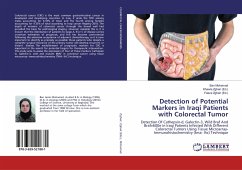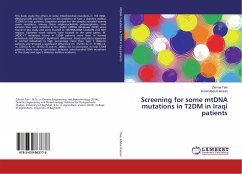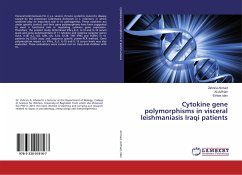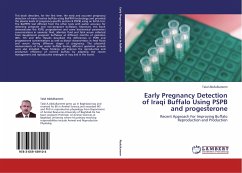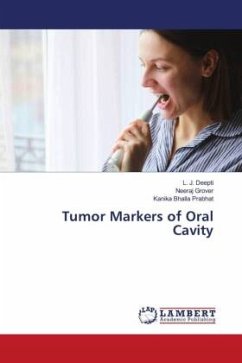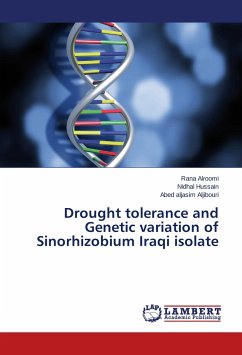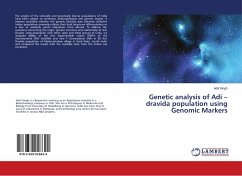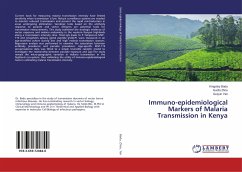Colorectal cancer (CRC) is the most common gastrointestinal cancer in developed and developing countries. In Iraq, it ranks the fifth among males accounting for 6.33% of total, and the fourth among females accounting for 4.35% of total according to Iraqi cancer Registry 2018. The depth of invasion of colorectal cancer through the bowel wall had provided the basis for pathological staging. However valuable this is, it is known that the distribution of patients to stage A, B or C of disease carries uncertain estimation of prognosis, and this has become controversial following the extensive acceptance of adjuvant chemotherapy, as it is now important to identify as precisely as possible those patients who despite a complete surgical clearance of the primary tumor will develop recurrent or distant disease. The establishment of prognostic markers for CRC is important in the search for potential targets for therapeutic intervention. This study aims to assess the expression of four of those markers; Cathepsin D, Galectin-3, wild and mutant BRAF in colorectal cancer using tissue microarray- immunohistochemistry (TMA- IHC) technique.
Bitte wählen Sie Ihr Anliegen aus.
Rechnungen
Retourenschein anfordern
Bestellstatus
Storno

